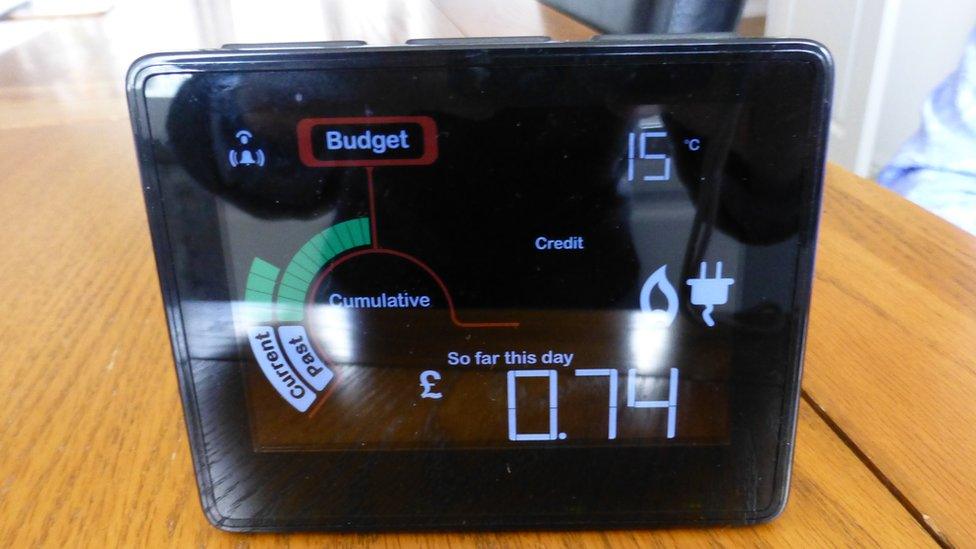EDF to cut gas bills but raise electricity prices
- Published
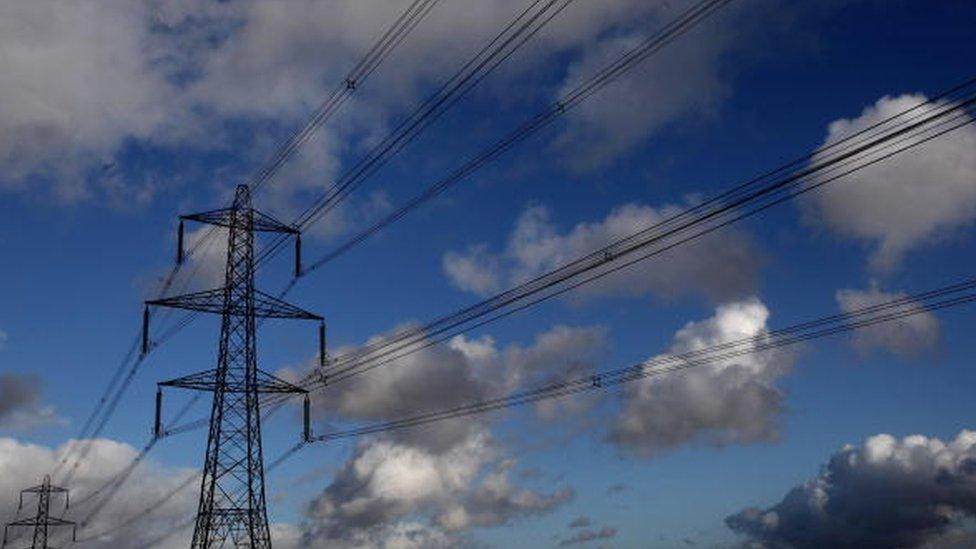
EDF Energy plans to cut gas prices from January but will increase the cost of electricity in March.
It will reduce variable gas prices by 5.2% on 6 January, then will raise electricity bills by 8.4% on 1 March.
After both changes, EDF's dual fuel customers will pay 1.2% more a year, taking average energy costs to £1,082.
The company last raised electricity prices three years ago but said that electricity costs have "been rising for some time".
About one million of EDF's customers will lose out when the company introduces the electricity rise in March. However, 700,000 consumers will gain from the gas price cuts in January.
EDF also said 200,000 people who use pre-payment gas meters will also see a 12.9% price cut, three months before the energy regulator introduces a price cap in April next year.
The company is the first of the UK's "big six" energy suppliers to announce price increases for next year. SSE, British Gas and E.On said recently that they would freeze prices for customers on standard tariffs until next year.
EDF said "it is right" that energy bills should reflect changes in electricity costs.

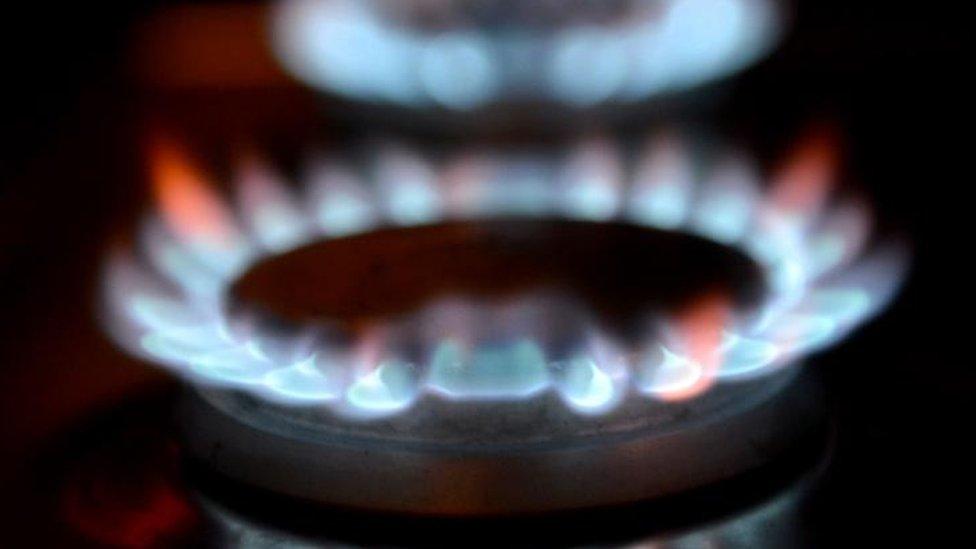
Analysis: Joe Lynam, BBC business reporter
An outage at some French nuclear power plants led to a drop in supply of electricity to the UK market in November. That saw a spike in wholesale prices (month on month) for electricity here from £52.79 per megawatt hour to £61.42. The year on year rise stands at 63%.
At the same time, wholesale prices for gas have been moving in the opposite direction, though the movement was not as pronounced.
But EDF says it's been able to mitigate higher wholesale electricity costs by buying up batches of it in advance - known as 'forward buying' or 'hedging'.
The French owned company blames higher transmission charges (the cost of moving electricity around the grid) and the costs associated with encouraging the use of renewable energy for their electricity price hike today.
In overall terms dual fuel customers at EDF will be paying 1.2% more from the Spring - making EDF the first of the 'Big Six' energy companies to raise prices this time.

Both Prime Minister Theresa May and Chancellor Philip Hammond have identified retail energy as a key market they wish to examine to make sure consumers are getting a fair deal.
At the Conservative Party conference in October, Mrs May told delegates that the government would be prepared to intervene to help people.
She said: "Where companies are exploiting the failures of the market in which they operate, where consumer choice is inhibited by deliberately complex pricing structures, we must set the market right."
- Published1 December 2016
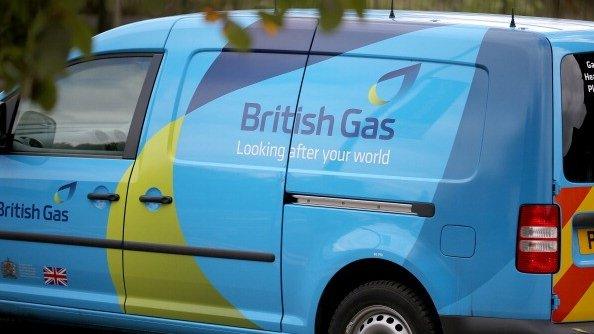
- Published18 November 2016
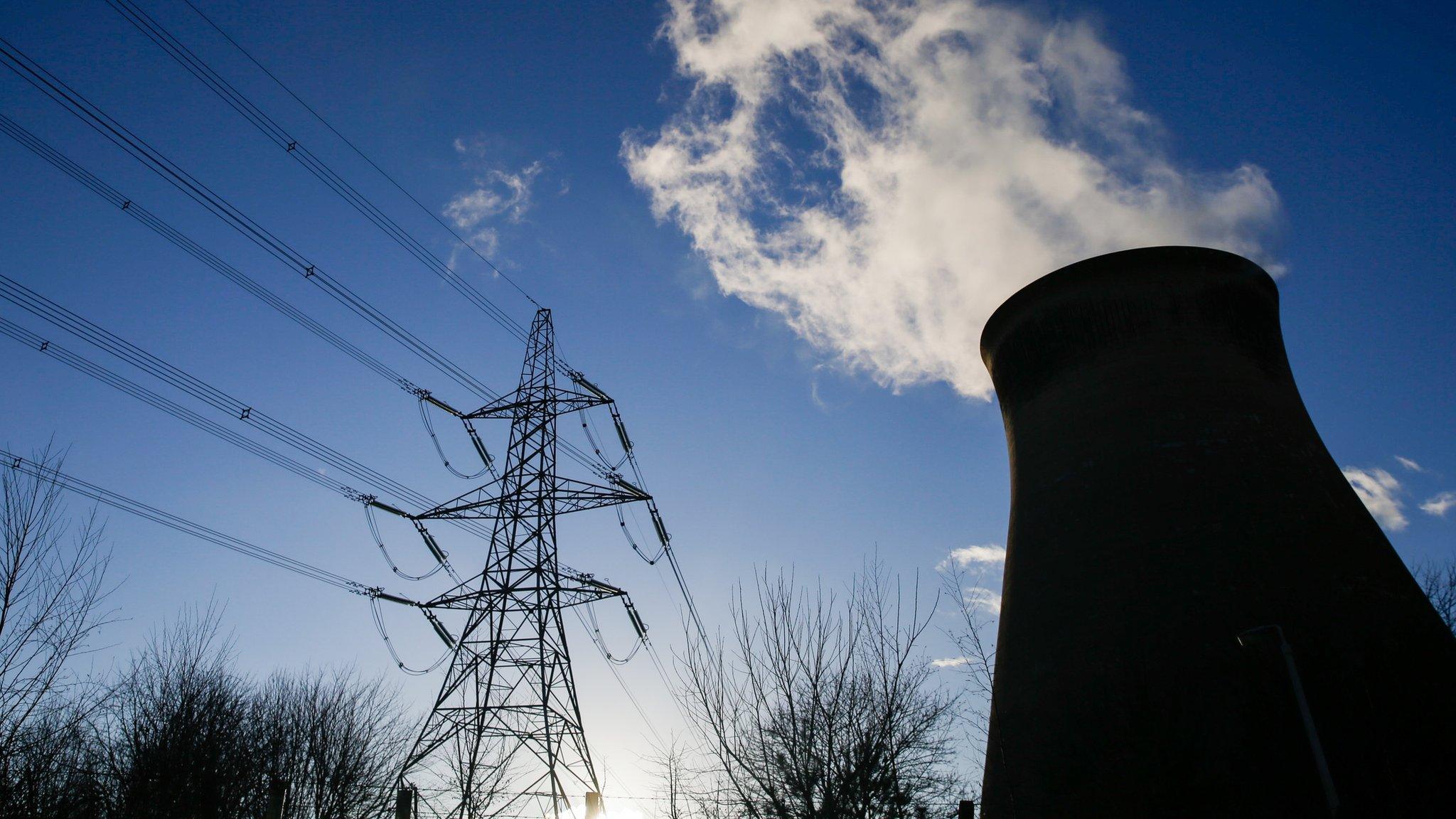
- Published1 July 2016
